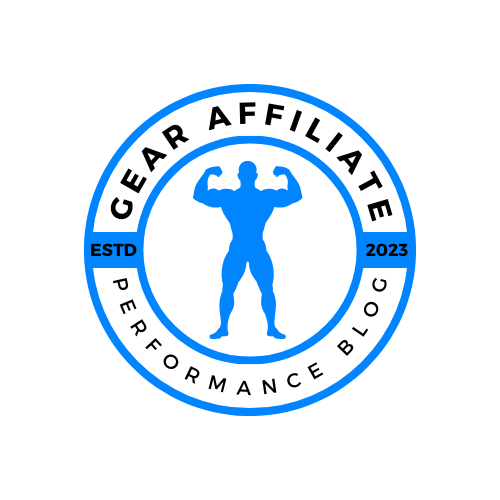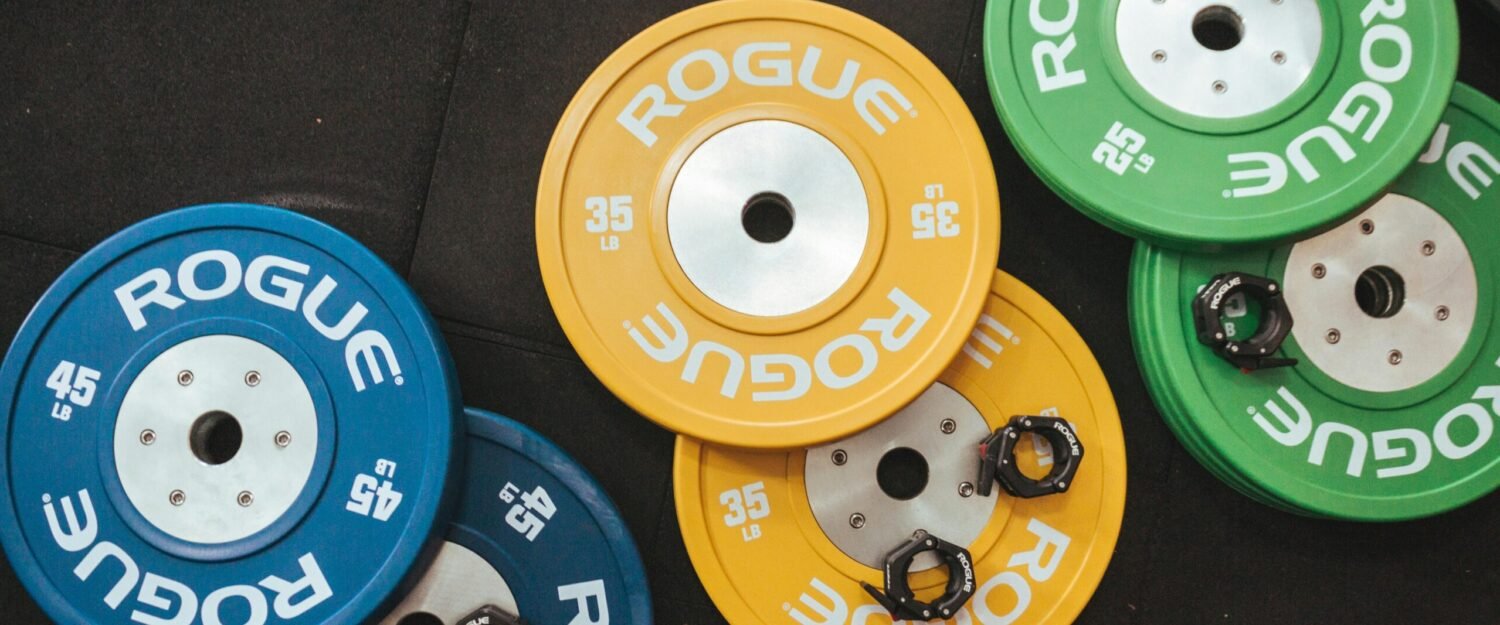Written by our supplement testing crew
Built for lifters, athletes, and anyone serious about what they put in their body—this guide is written by real coaches who prioritize performance over hype.
What Do Pre-Workout Supplements Really Do?
Pre-workout supplements have exploded in popularity in the fitness world, but they’re also one of the most misunderstood supplements on the market. Walk into any gym and you’ll find lifters dry-scooping mystery powder, chasing “the itch,” or swearing by a favorite brand that “just hits different.” But what’s actually going on behind the scenes?
Let’s break it down: what pre-workouts really do, what the most common ingredients actually do for your performance, and whether these supplements are worth adding to your routine.
The Real Purpose of a Pre-Workout
At its core, a pre-workout is designed to help you train harder, for longer, with better focus and energy. Most pre-workout supplements aim to:
- Boost energy and alertness
- Increase blood flow and muscle pump
- Enhance muscular endurance
- Improve mental focus and motivation
- Delay fatigue and reduce perceived exertion
The effects can vary depending on the formula, dosage, and your own tolerance. Some formulas are built for maximum intensity, while others take a more subtle, no-crash approach.
Common Ingredients & What They Actually Do
Let’s look at the most common pre-workout ingredients, and what science says about each one:
1. Caffeine
- What it does: Increases energy, focus, and alertness by stimulating the central nervous system.
- Typical dose: 150–300mg per serving.
- Real benefit: Improves strength output, reduces fatigue, and sharpens mental clarity. Great for heavy lifts or endurance sessions.
2. Beta-Alanine
- What it does: Buffers lactic acid buildup in your muscles, which helps delay fatigue.
- Typical dose: 2–5g (taken daily—not just in your pre-workout).
- Real benefit: Helps you push through high-rep sets and conditioning work. Also responsible for the “tingling” sensation (called paresthesia).
3. Creatine Monohydrate
- What it does: Supports short bursts of power and helps with muscle recovery and growth.
- Typical dose: 3–5g per day.
- Real benefit: Backed by decades of research. If your pre-workout includes it, it’s a nice bonus—but you’ll want to take it daily, not just pre-workout.
4. L-Citrulline (or Citrulline Malate)
- What it does: Increases nitric oxide levels, improving blood flow and giving you a better “pump.”
- Typical dose: 6–8g per serving (Citrulline Malate).
- Real benefit: Better pumps, improved endurance, and more oxygen to your muscles.
5. Tyrosine or Alpha GPC
- What it does: Supports focus and mood during intense training.
- Real benefit: Helps with mental clarity and keeping your head in the game—especially useful during long sessions or if you’re training under fatigue.
6. B Vitamins & Electrolytes
- What they do: Support energy metabolism and hydration.
- Real benefit: Mild, but beneficial—especially in non-stimulant formulas designed for focus and hydration.
Are All Pre-Workouts the Same?
Absolutely not.
Some are stim-heavy “high-octane” blends packed with caffeine and pump ingredients. Others are non-stimulant (“non-stim”) formulas designed for those training at night or avoiding caffeine altogether.
There’s also a big difference between transparent formulas (which show exact ingredient amounts) and proprietary blends (which hide dosages behind vague labels). We recommend avoiding proprietary blends whenever possible—you deserve to know what you’re taking and how much.
Pre-Workout Myths: What to Ignore
Let’s clear up a few common misconceptions:
- “If it doesn’t make you tingle, it’s not working.”
False. That tingling comes from beta-alanine—not from energy or strength enhancement. - “More caffeine = better workout.”
Also false. Overdosing on caffeine can lead to jitters, crashes, or sleep issues. More isn’t always better—especially if you’re training late in the day. - “Pre-workout builds muscle.”
Pre-workout doesn’t build muscle directly—it helps you train harder, which can help muscle growth over time, but it’s not a magic formula.
Should You Use Pre-Workout?
It depends on your goals, your tolerance, and your schedule.
Pre-workout may be worth it if:
- You train early in the morning or after a long workday
- You need a mental or physical boost to stay consistent
- You want better pump, focus, and performance during high-effort sessions
You might want to skip it if:
- You’re highly sensitive to stimulants
- You’re already consuming a lot of caffeine from other sources
- You train close to bedtime and value sleep quality
If you’re curious, start with a half scoop to assess tolerance, especially with stim-heavy blends. Some people feel amazing on pre—others prefer to train without it.
Our Recommendation for Beginners
If you’re new to pre-workout supplements, we suggest looking for:
- 200mg or less caffeine
- Transparent labeling
- Solid doses of L-citrulline, beta-alanine, and tyrosine
- Optional creatine (or just take that separately)
You don’t need the most expensive product or the flashiest label. Look for clean ingredients and no unnecessary fillers.
Final Thoughts
Pre-workouts aren’t essential—but for the right athlete, they can make a noticeable difference. Whether you’re chasing PRs or just trying to stay consistent with your training, a well-formulated pre-workout can help give you the physical and mental edge to push harder and recover smarter.
Know what you’re taking, don’t overdo the caffeine, and track how your body responds over time.
Train hard. Recover harder.
If you found this post to be helpful, then you may be interested in the rest of our blog page here.
At Gear Affiliate, we always want to give our readers more resources to research. Below are a few sources that we have found to be helpful relating to this topic.
Video links: Video 1, Video 2.
Discover more from GearAffiliate
Subscribe to get the latest posts sent to your email.


